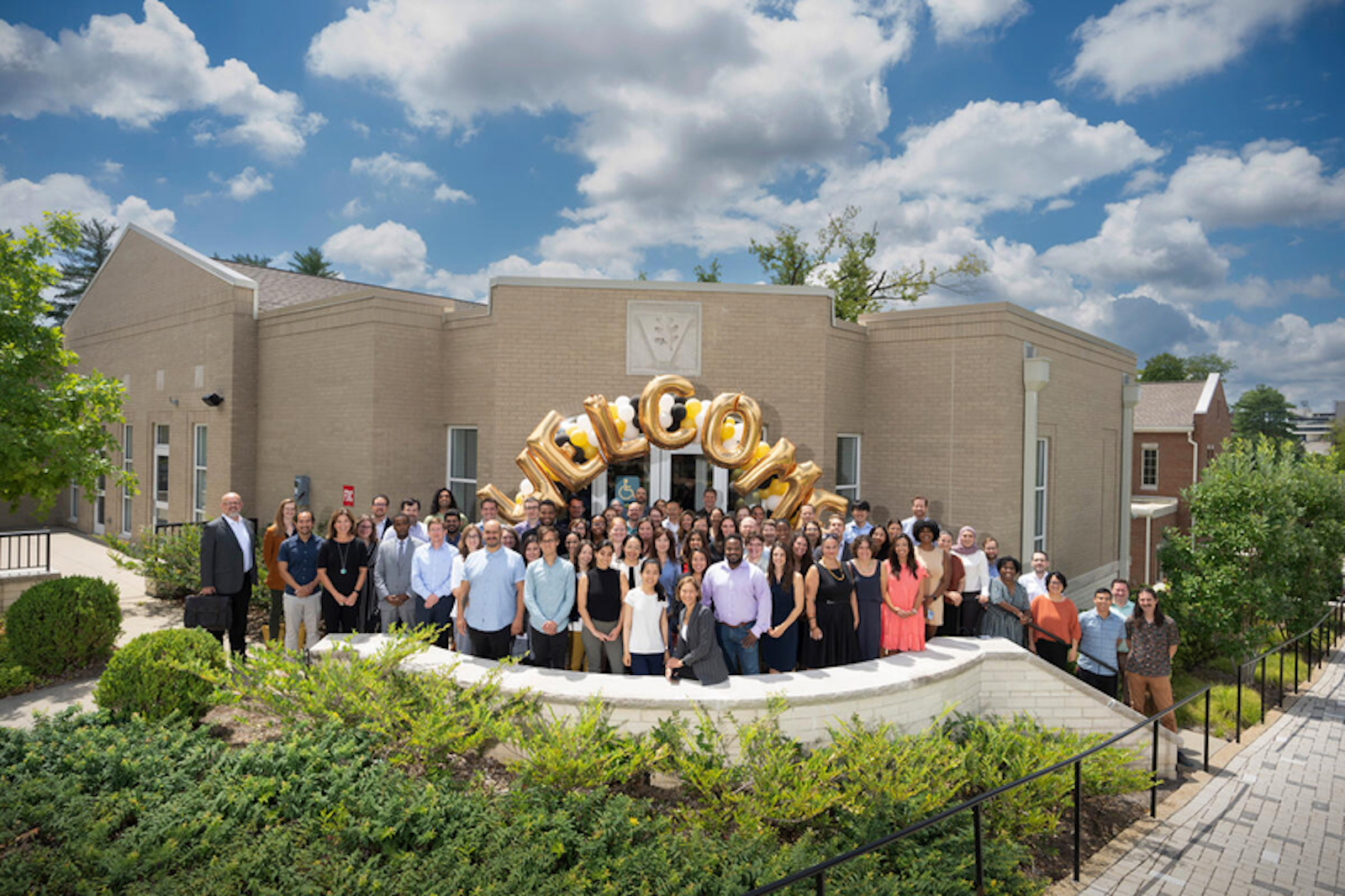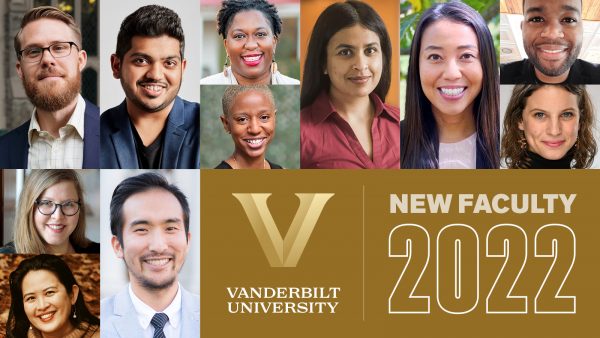
by Amy Wolf
Part of the role of a research university is to take on challenging issues and work together to discover solutions and achieve greater understanding. By protecting freedom of expression, Vanderbilt fosters an atmosphere where faculty and students can examine and freely discuss the most complex and difficult topics.
The university welcomes 74 new faculty across its nine Provost-reporting schools and colleges for the 2022–23 academic year. Here, some of these new faculty share their work exploring challenging topics.
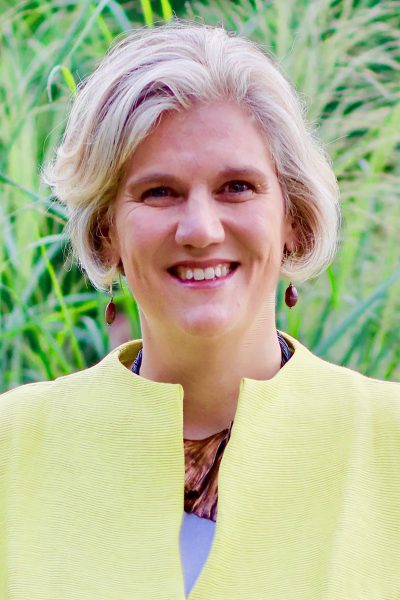
Peabody College of education and human development
Nicole Allen, professor of human and organizational development
Peabody College of education and human development
Topic: Community responses to gender-based violence
Allen believes that improving serious societal problems, like gender-based violence, requires changes across complex social systems and the active engagement of communities. Her research aims to identify societal issues and examine how disparate members of society can work together to create a safer and more successful community.
“Solutions to social problems are within our reach. My research aims to deconstruct those needed changes and to think about how to achieve them, doing together what we cannot do alone,” Allen said.
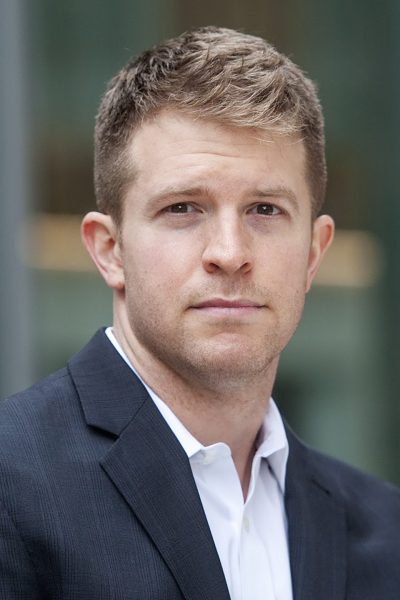
College of Arts and Science
Adam Blandin, assistant professor of economics
College of Arts and Science
Topic: Economic inequality, and implications of remote work
With data showing the divide between rich and poor growing, Blandin’s research and current teaching focus on the intersection of macroeconomics, labor economics and public economics. His current research centers on three related questions: How do the number of hours worked affect the earnings of workers? How does family structure affect labor market outcomes? And what are the macroeconomic implications of remote work?
“Our society is engaged in heated debates over what is causing our historically high levels of economic inequality and what is causing our historically slow rates of economic growth. My research suggests that inequality and slow growth are related problems, and that the right economic policies could help solve both problems at once,” Blandin said.
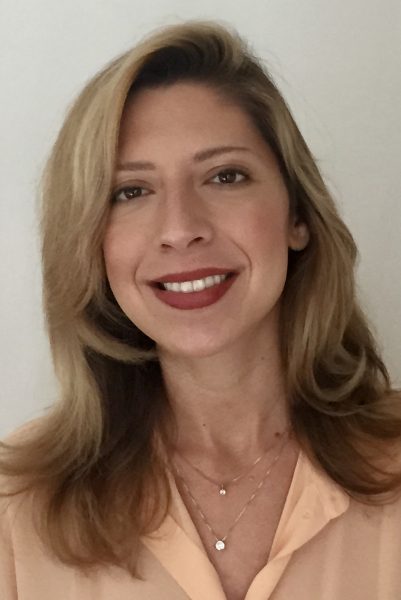
College of Arts and Science
Rebeca Gamez, assistant professor of anthropology
College of Arts and Science
Topic: How marginalized Latinx youth living in the Southern United States navigate everyday forms of power and subordination
Gamez’s current research focuses on understanding the educational and community experiences of Latin American-origin youth living in the U.S. South and their understanding of power, injustice, inequality and resistance. The U.S. South is referred to as “El Nuevo South” or “New Latinx South” to signify the unprecedented arrival of Latin and Central American immigrants to the region in the last 30 years.
“At Vanderbilt, my research and teaching will primarily center on examining the relationship between race, place and space, and I am excited to use the tools of anthropology to engage in collaboration and scholarship that highlights, lifts up and interrogates Latinidad, particularly as it is constructed and embodied in the context of the United States,” Gamez said.
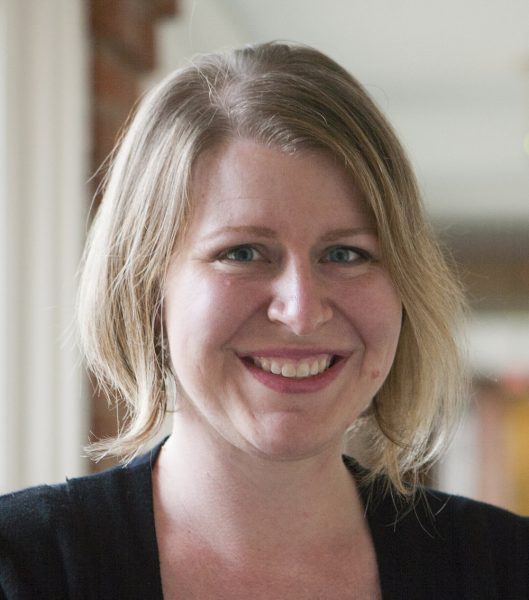
College of Arts and Science
Nicole Hemmer, director, Carolyn T. and Robert M. Rogers Center for the Study of the Presidency and associate professor of history
College of Arts and Science
Topic: Media, conservatism and social movements in politics
Hemmer is a political historian specializing in the conservative movement in politics and media. Her scholarship and teaching focus on the interplay of social movements, electoral politics and political culture.
She is teaching a series of courses on U.S. politics and the presidency, including courses on the history of conservatism, secrecy and the U.S. presidency, and women and the presidency.
“I love the way that history allows us to make sense of our present, especially in moments of crisis and uncertainty,” Hemmer said. “It can act as an anchor, not by offering false assurances that everything will turn out fine, but by reminding us that countless generations have struggled and worked to create a more free and just society, and not all of them saw success in their lifetimes. I also appreciate the way historical perspectives can snap us out of the mindset of the present, offering new ways of making sense of our current challenges.”
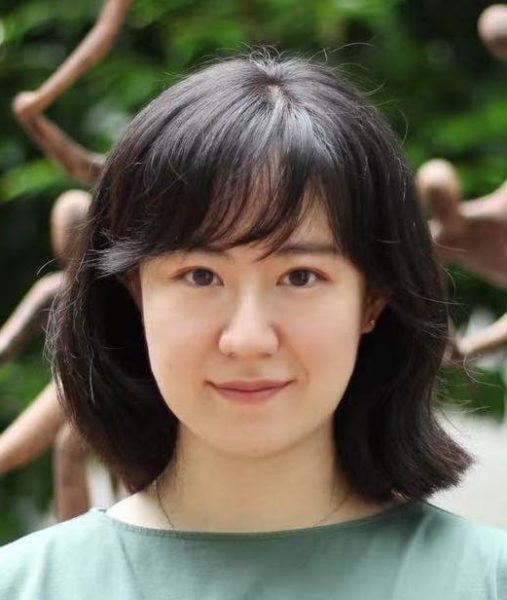
Owen Graduate School of Management
Xi Kang, assistant professor of strategy
Owen Graduate School of Management
Topic: Businesses implementing artificial intelligence, and the impact of disruptive technology on the future of work
Kang studies the level of success at which companies adopt artificial intelligence and how AI impacts all levels of business, especially employees. She also researches the strategy, governance and leadership around technology management.
“I believe that people are the real key to technology transformation, especially in the era of artificial intelligence, where humans and AI are joining forces,” Kang said. “By understanding how workers respond to automation and what organizational design tools companies may use to facilitate the technology transformation, I hope my research will help companies and workers navigate the changing environment.”
Kang teaches game theory at the business school.
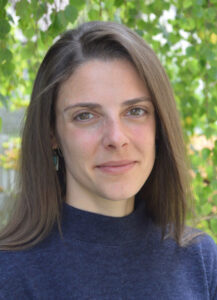
Vanderbilt Law School
Francesca Procaccini, assistant professor of law
Vanderbilt Law School
Topic: Constitutional law, specifically First Amendment rights
Procaccini focuses her research and current teaching on federal courts and constitutional law, particularly First Amendment law in digital and other political speech.
“We are experiencing a precarious moment of constitutional change, when the rule of law and democracy are under increased attack and legal institutions are showing severe structural defects. It is thus more important than ever to advance a constitutional vision that fosters true equality and liberation and to empower the next generation of lawyers to safeguard effective and ethical governance,” she said. “Vanderbilt Law brings a uniquely bright, diverse and inspired body of future lawyers together, and I am excited to be here to help steer these future change-makers and advocates.”
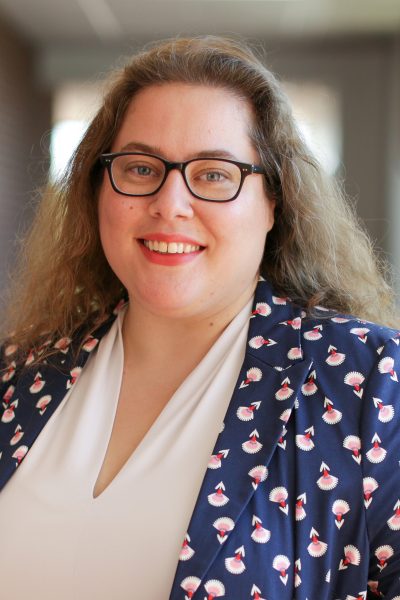
Vanderbilt Divinity School
Jennifer Quigley, assistant professor of New Testament
Vanderbilt Divinity School
Topic: Christianity and economics
Quigley’s research looks at theology and economics in New Testament and early Christian texts. She uses archaeological evidence tied to money and commerce in combination with the Bible to examine how religion impacts past and present financial practices.
“Contemporary Christians use Biblical texts to justify a wide variety of financial practices and theological positions that do great harm or great good,” she said. “From the ‘Christian economics’ of Christian Reconstructionists who argue for libertarian economics in a Christian theocracy, to the prosperity gospel in which often wealthy preachers teach that wealth comes as a divine reward, to common purse neo-monastic movements where followers pool financial resources and make communal financial decisions. I hope that my research into New Testament and early Christian texts offers a complex picture of the diverse ways in which Christians use financial language to think about their relationships with God and with fellow humans.”
Quigley is also an ordained elder in the United Methodist Church. At Vanderbilt, she is teaching classes such as Gender and Sexuality in the New Testament, Archaeology and the World of the New Testament, and Economy and the New Testament: Subsistence, Slavery and Salvation.
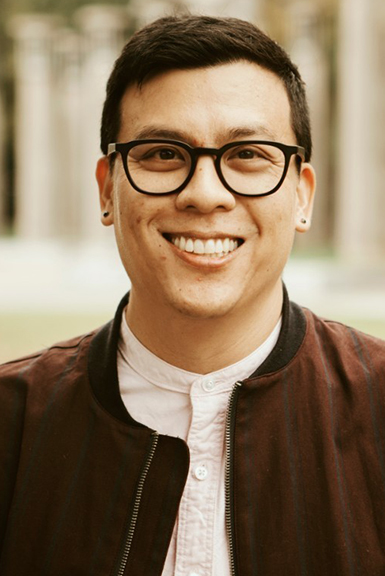
College of Arts and Science
Mark John Sanchez, assistant professor of Asian studies
College of Arts and Science
Topic: Authoritarianism in the Philippines, and gambling and Asian migration
Sanchez’s current research examines how grassroots Filipinos helped build international awareness of and opposition to authoritarianism during the Marcos dictatorship in the Philippines. He is teaching courses on Asian American history and culture, Southeast Asia and its diasporas, and the Cold War in Asia.
“I believe we have powerful lessons to learn from the successes and failures of those who have come before us, and I am energized by studying and teaching about people that worked toward a more equitable and just world,” he said.
Sanchez is also working on a project on gambling and Asian migration. He’s exploring the connections between capitalism and migrants’ connection to the idea of chance.
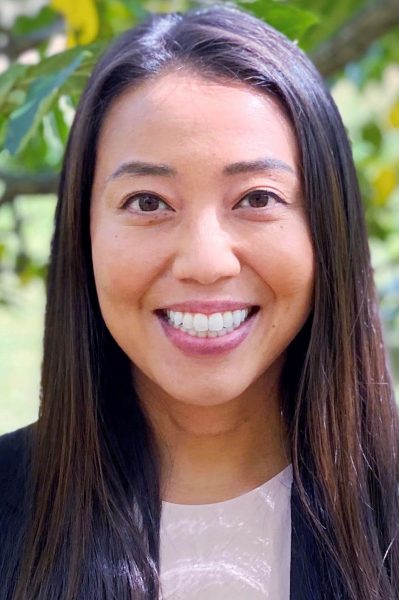
College of Arts and Science
Katherine Wen, assistant professor of medicine, health and society and of public policy
College of Arts and Science
Topic: Health economics tied to vaccine mandates, and economic implications of paid sick leave with COVID and other respiratory viruses
Wen studies the impact of public policies, like vaccine mandates, on health outcomes and health care use. She also researches paid sick leave, prescription opioid supply reduction strategies and public health insurance expansions.
“I’m inspired to engage in research that has the potential to impact health and have real-world implications. For example, some of my research has looked at the impact of paid sick leave policies on respiratory illnesses such as the flu and COVID. It has been really exciting to see how policymakers have referenced our research to inform public policy,” Wen said.
She is teaching health economics in the economics department and Vaccine History, Science and Policy in MHS.
- Read and watch more stories about research at Vanderbilt.
- Learn about more new faculty.
- New faculty share what sparks their academic mission
- New faculty share unique collaborations
- New faculty share their research tackling real-world issues
